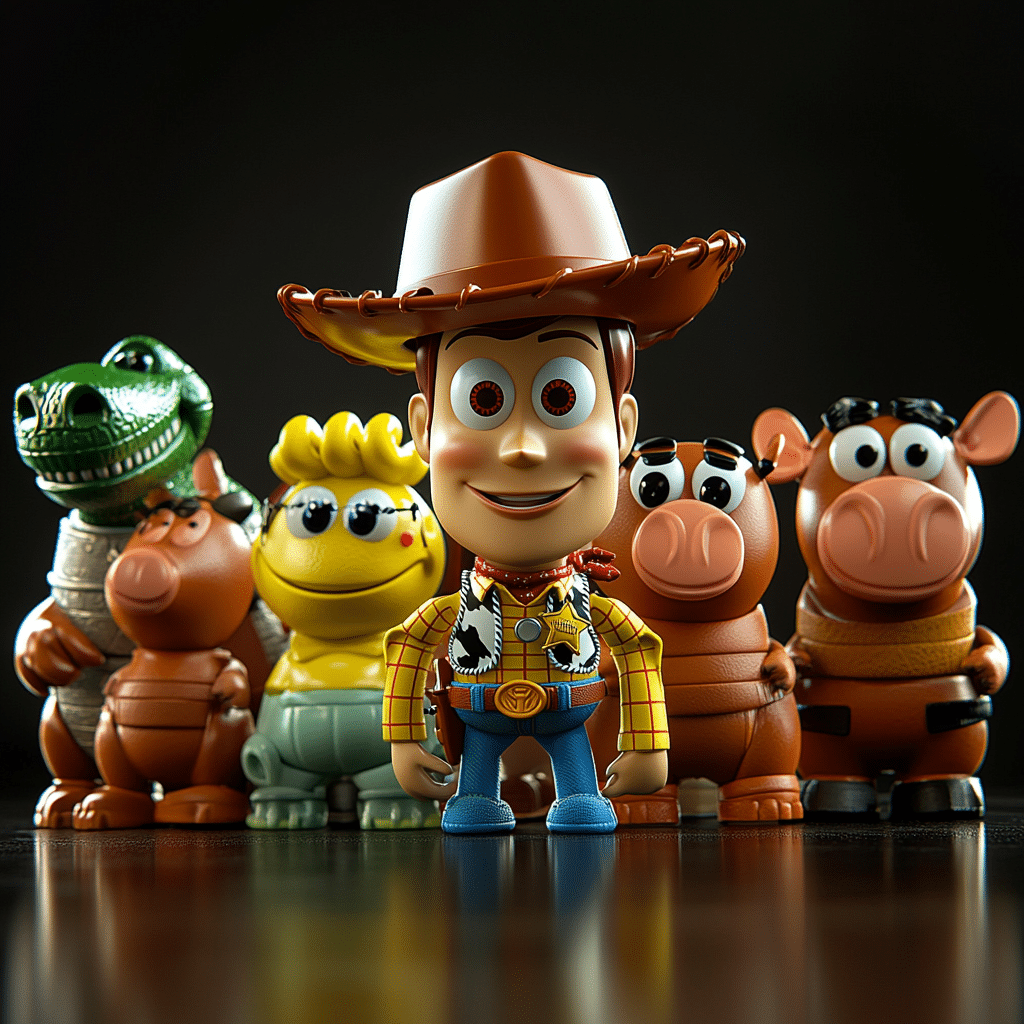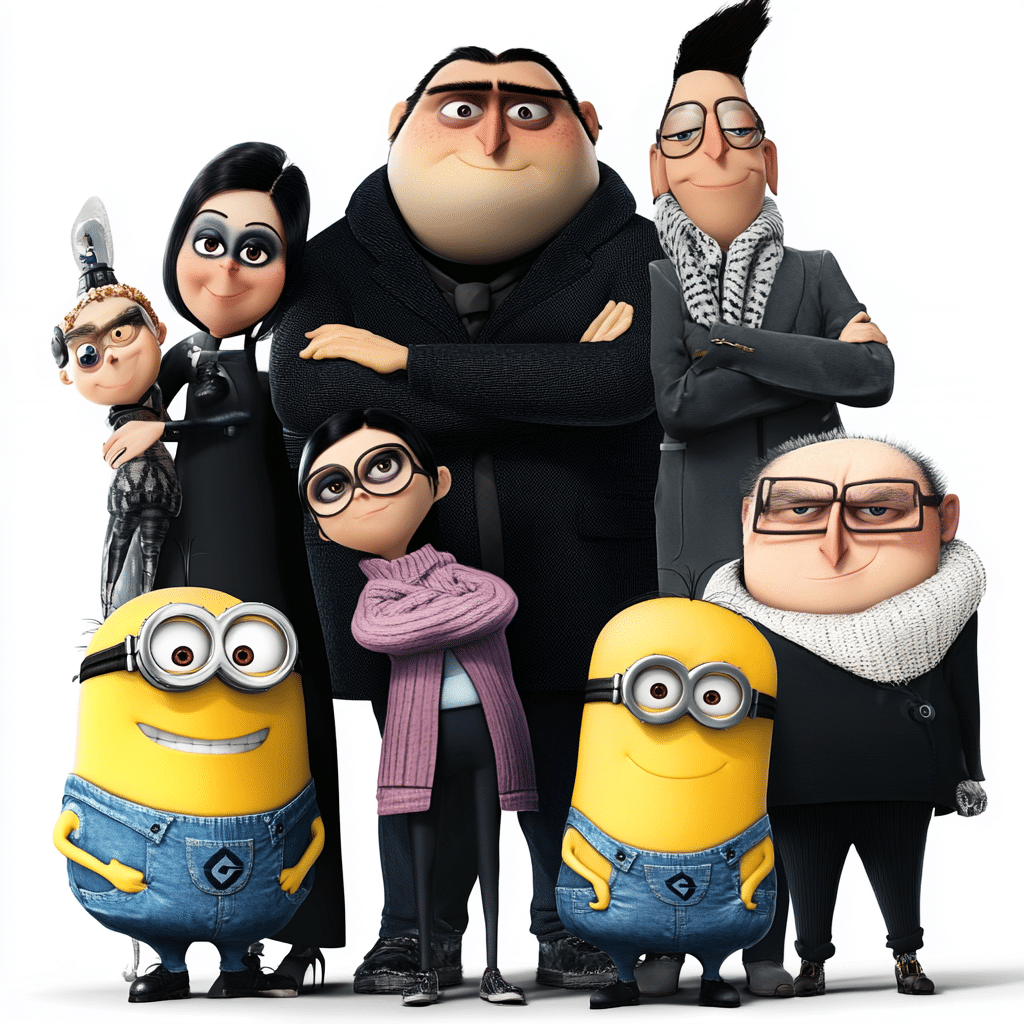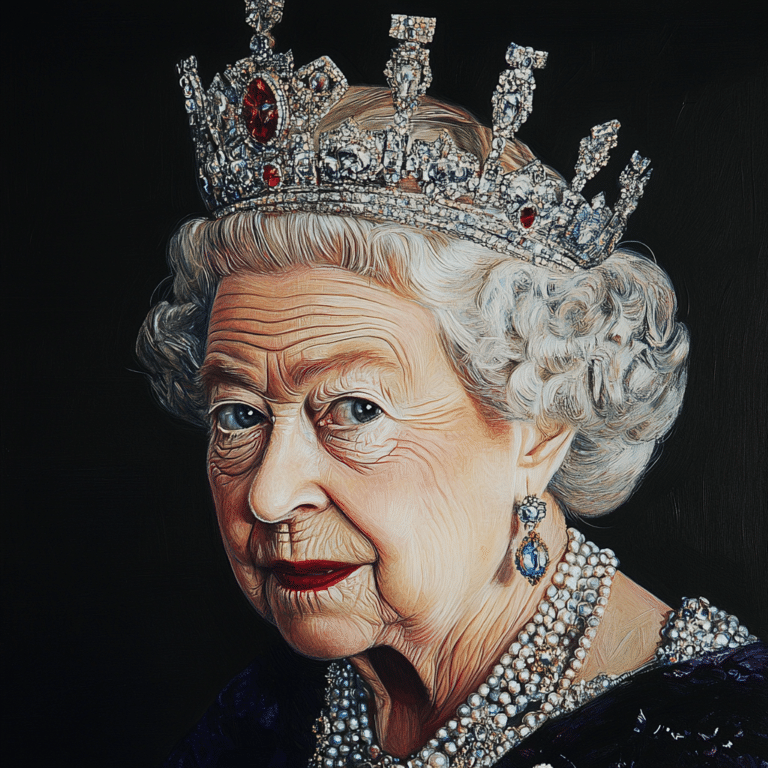Let’s dive right into the heart of one of those films that hits you right in the feels: The Deep End of the Ocean. Adapted from Jacquelyn Mitchard’s novel, this poignant tale follows Beth Cappadora, a mother whose young son mysteriously disappears during a family reunion. With its emotional weight, this film isn’t just about a kid going missing—it’s a dramatic exploration of family, love, and the insane complexities of grief in a world that often struggles to understand it. Set in the 1990s, the movie artfully reflects the ways people coped with loss back then, revealing so much about societal perceptions of tragedy. So, grab your favorite snack and get comfy as we unpack the magic and heartbreak woven throughout The Deep End of the Ocean.
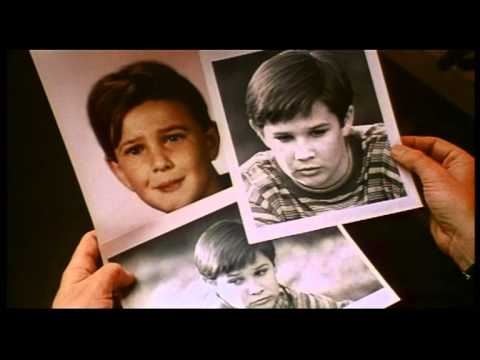
The Allure of ‘The Deep End of the Ocean’: A Narrative Explored
From the moment the film opens, you’re drawn into the haunting world of the Cappadora family. Beth’s life takes a devastating turn when her son, Ben, vanishes into thin air at a family reunion in Chicago. The way the movie captures Beth’s palpable despair is nothing short of mesmerizing. It shines a light on the emotional rollercoaster of losing a child, making you feel every ounce of her heartbreak.
What sets The Deep End of the Ocean apart is its ability to showcase various phases of grief. You see Beth’s spiraling desperation and ultimate transformation as she journeys through the harsh realities of losing a loved one. The film paints grief not as a linear path but as a swirling abyss where hope and despair coexist. This exploration is intensified with suffix attachments like Beth and her husband, Pat, trying to navigate their disparate experiences of loss as it fractures their once-cohesive family unit. As the story unfolds, you can’t help but empathize with them even more.
This film does an excellent job at showing us the many faces of grief: denial, anger, bargaining, not to mention the societal expectations around it. Through Beth, the audience learns that love isn’t always easy, especially when it’s mixed up with overwhelming sadness. It does more than engage you—it forces you to think, to reflect, and even confront your own experiences with loss, reminding us all that healing takes time and, often, courage.

Top 5 Heart-Wrenching Moments in ‘The Deep End of the Ocean’
This film is rich with emotional moments that resonate long after the credits roll. Here’s a list of five tear-jerking instances that capture the essence of The Deep End of the Ocean:
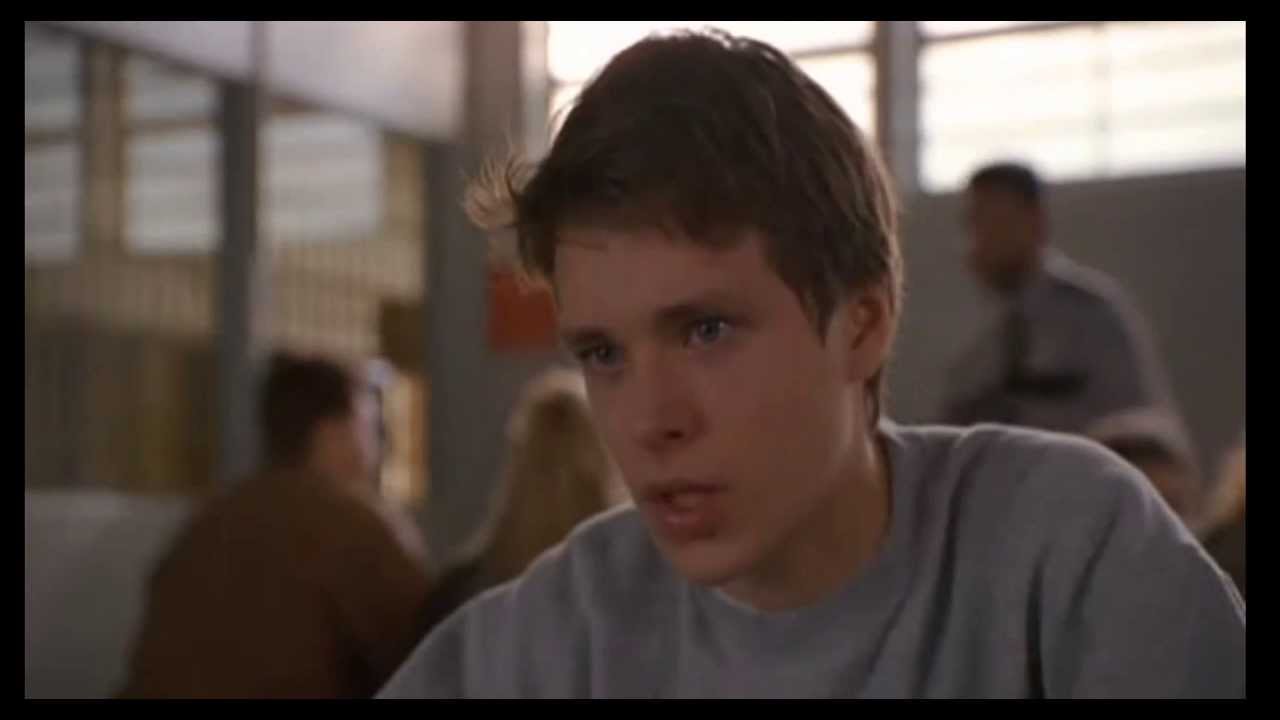
The Deep End of the Ocean as a Reflection of Societal Views on Family
Moving beyond the narrative, The Deep End of the Ocean also acts as a lens through which we can examine societal perceptions regarding family dynamics and mental health issues, particularly in the late 90s. The film reveals stark realities that families faced, especially when children disappeared. There’s a notable stigma depicted in how other characters perceive Beth’s struggle with grief. She’s portrayed not merely as a victim—she’s also seen through a social lens, challenged by the judgments of those around her.
The film explores the mental health challenges that come with tragedy. It sheds light on how society often misinterprets or stigmatizes mothers dealing with grief, which can lead to isolation. In years past, individuals coping with profound loss were frequently left voiceless, showing us that few people understood the depth of trauma. This nuance adds layers to the film’s impact and resonates more when looking back over time.
Additionally, the movie frames the nuances of mental health illustrating that suffering is as diverse as the individuals who experience it. Some characters, like Ben’s kidnapper, Cecilia, demonstrate the fragility of the human mind under pressure. Her own battles showcase the film’s commentary on how society ignores those in need of help. Ultimately, The Deep End of the Ocean forces viewers to re-examine the narratives around loss and mental health, reminding us all to be more compassionate to the struggles of others.

Critical Reception: How ‘The Deep End of the Ocean’ Was Received by Audiences and Critics
Upon its release in 1999, The Deep End of the Ocean garnered a mixed bag of reviews. Critics praised Michelle Pfeiffer’s performance, observing how she brought a heartbreaking authenticity to Beth’s character. However, some critics pointed out pacing issues and argued that the narrative sometimes felt overly dramatic. They weren’t wrong; the film dives headfirst into emotional territory that might be a bit too real for some viewers.
Over the years, the reception of the film has shifted. Retrospective analyses highlight the raw authenticity of its storytelling. It opens up a dialogue on loss that several contemporary films have since addressed, providing a historical context for how stories about abduction and missing children have evolved. The performances, especially Pfeiffer’s, continue to receive accolades even two decades later for their poignant depth.
Although the film may not have achieved blockbuster status, its emotional resonance has solidified its place in the hearts of many. It’s worth noting that audiences looking for dramatic narratives about familial love and loss often revisit this film, proving its lasting impact in our cinematic history. The Deep End of the Ocean stands the test of time, reminding us of the heartache and healing that life often presents.

The Lasting Legacy of ‘The Deep End of the Ocean’ in Modern Storytelling
Fast-forward to 2024, and The Deep End of the Ocean still reverberates through modern storytelling. Its influence can be seen in various contemporary works that delve into themes of trauma and recovery. Series like The Missing and films like Room have taken cues from the narrative’s intense emotionality, focusing on the journeys of those affected by abduction.
This film serves as a historical artifact, illustrating how we view missing children stories and the repercussions of familial loss. Much like The Deep End of the Ocean, these newer narratives continue to highlight the urgent need for understanding the psychological impacts of such traumatic experiences. Hence, the film’s powerful message about recovery and resilience has laid a foundation for trending themes in today’s cinema.
In addition, the movie remains relevant not only in storytelling but also as a conversation starter about grief and mental health. Discussions around its themes are becoming increasingly important in a society where the importance of mental wellness is gaining recognition. It encourages audiences to confront uncomfortable realities about loss, connection, and healing, making it essential viewing for both seasoned film lovers and those new to the genre.
Tying Together the Threads of Grief and Resilience
In examining The Deep End of the Ocean, it’s clear that this film transcends typical narratives around loss—it engages viewers in serious yet vital conversations about family and resilience. As we watch Beth navigate her complex emotions, we reflect on our relationships with love and grief. The film stands as a testament to the fact that while loss can tear families apart, it can also be a catalyst for growth and understanding.
With heartfelt performances and intricate storytelling, The Deep End of the Ocean invites us all to embrace vulnerability, reminding us that navigating the deep waters of grief doesn’t have to be a solitary journey. Instead, it’s one filled with heartache but also profound hope. So whether you’re prepping for a movie night or reflecting on personal experiences, this is one film that affirms the importance of connecting through our shared stories—because sometimes, the things that hurt us the most can also help us grow stronger for tomorrow.
The Deep End of the Ocean: Fun Trivia and Interesting Facts
A Heartfelt Connection
Did you know that The Deep End of the Ocean, based on Jacquelyn Mitchard’s novel, was the first book ever chosen for Oprah’s Book Club? This extra spotlight catapulted the story into the limelight, making it a household name. Speaking of household names, the film brought together a remarkable cast, including Michelle Pfeiffer and Treat Williams, who delivered powerful performances that resonate even today. Fun fact: Michelle Pfeiffer’s emotional portrayal of Beth Cappadora, a mother grappling with her son’s abduction, turns the narrative into a heart-wrenching experience that mirrors real-life stories many families endure.
Behind the Scenes
On the production side, the director, Ulu Grosbard, wasn’t new to crafting emotional depths, and he certainly had a trick or two up his sleeve. Interestingly, while filming in suburban settings, you might’ve spotted homes with mortgage rates that are quite different from today. Curious how those rates have shifted? Check out the nuances of home financing as you sip on something refreshing, like a starry drink—the perfect companion while diving into gripping family dramas.
Cultural Impact
The film ignited conversations about loss, love, and the psychological toll on families. It nudged viewers to consider the effects on mental wellness, a topic that links to the perils of mixing substances like Adderall And alcohol. Another intriguing tidbit? The film inspired various discussions, much like the heated debates seen on Skip Bayless shannon sharpe Undisputed—they just can’t resist diving into meaningful dialogue! Plus, the theme of siblings lost and found echoes across various media, even in unique expressions of art, such as tatúas, illuminating the emotional landscape that this film explored.
Sidestepping the somber reflectiveness, the film’s exploration of familial bonds parallels the connections we build in every facet of life, including our daily choices like which lottery to play—ever considered the SC pick 4 evening? Now, that’s a thought! In the ever-intriguing buzz of entertainment, Cris Judd is among the talents that lend their names to productions that explore family dynamics, proving that storytelling touches all walks of life.
Final Thoughts
Ultimately, The Deep End of the Ocean continues to tug at our heartstrings while prompting introspection on human relationships and resilience. Its legacy remains strong, paving the way for discussions about the trials faced by families everywhere, where losing and rediscovering, much like life, becomes a journey worth sharing.

Was Deep End of the Ocean a real story?
The Deep End of the Ocean is inspired by real-life experiences and dream concepts, but it’s not a direct true story.
Who was the kidnapper in The Deep End of the Ocean?
Cecilia Lockhart is the character who kidnaps Ben in The Deep End of the Ocean, changing his name to Sam.
What happened to the boy in Deep End of the Ocean?
Ben, the kidnapped boy, is eventually raised by his adoptive father after Cecilia is committed to a mental hospital, only to later be returned to the Cappadora family.
Is The Deep End of the Ocean worth watching?
Despite its heavy themes and emotional turmoil, The Deep End of the Ocean is worth watching for its engaging performances and heartfelt story.
Who took the kid in deep end of the ocean?
The kid in The Deep End of the Ocean is taken by Cecilia Lockhart, who claims him as her own after the kidnapping.
Is Ben found in The Deep End of the Ocean?
Yes, Ben is found in The Deep End of the Ocean, but his return brings complicated emotions and challenges for the family.
What happens at the end of the movie The Deep End of the Ocean?
At the end of The Deep End of the Ocean, the Cappadora family faces tough feelings as they decide to return Sam to his adoptive father for everyone’s well-being.
Who was Cecilia Lockhart in Deep End of the ocean?
Cecilia Lockhart is a significant character in The Deep End of the Ocean, known for kidnapping Ben and living with him until her commitment.
What is The Deep End of the Ocean about on Netflix?
The Deep End of the Ocean is about a family’s emotional journey after the abduction of their son, exploring themes of loss, identity, and reintegration.
What happened at the end of the movie The Deep Blue sea?
The ending of The Deep Blue Sea does not directly relate to The Deep End of the Ocean; it’s a different film with its own separate plot.
Is The Ocean Boy movie based on a true story?
The Ocean Boy movie isn’t based on a true story, but it incorporates themes that resonate with audiences.
What year was The Deep End of the Ocean filmed?
The Deep End of the Ocean was filmed in 1998, capturing its story in a time that resonates well with the film’s emotional depth.
Who does the deep end up with?
The main characters in The Deep End of the Ocean face various relationships, but there isn’t a clear ‘who ends up with whom’ as the resolution is more about healing than romance.
What is Deep End of the ocean rated?
The Deep End of the Ocean is rated PG-13, reflecting its emotional content and dramatic themes.
How deep is the end of the ocean?
The end of the ocean is a figurative concept, as it doesn’t have a measurable depth like a pool or lake—it’s vast and varies by location.








